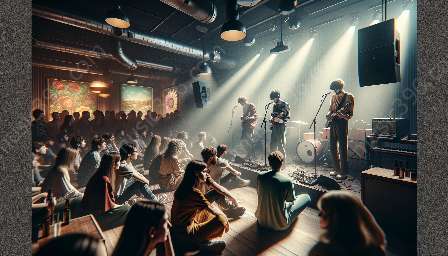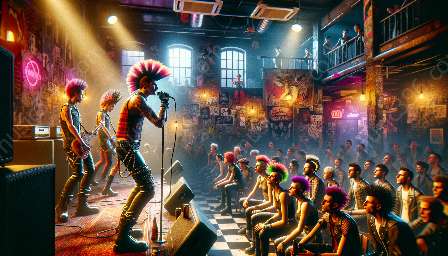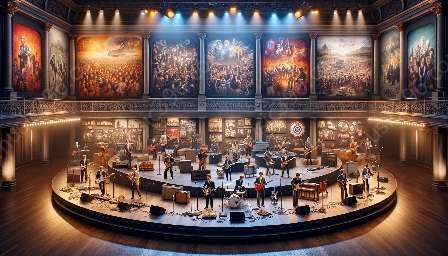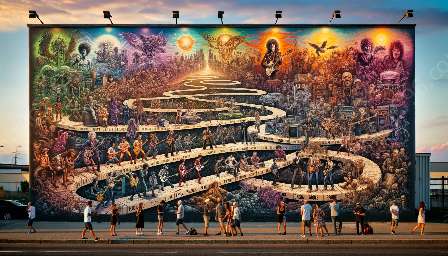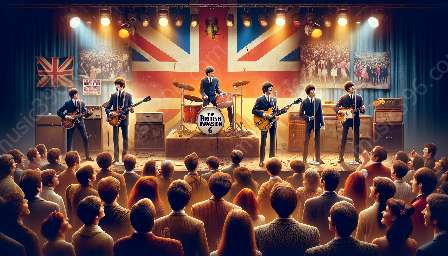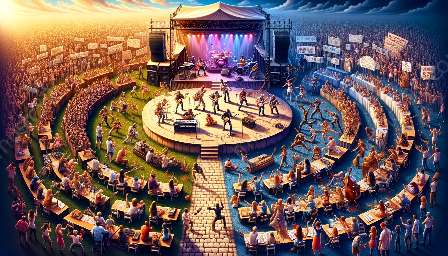Rock music festivals hold a special place in the hearts of music lovers around the world. From the early days of Woodstock to the modern extravaganzas, these events have become a significant part of musical and cultural heritage. Preserving the rich heritage and legacy of rock music festivals is an ongoing endeavor that requires recognition and attention.
The Evolution of Rock Music Festivals
Rock music festivals have a storied history that can be traced back to the late 1960s. The iconic Woodstock festival, held in 1969, is often considered the watershed moment for the genre. It brought together hundreds of thousands of people for an unforgettable weekend of music, peace, and love. This event set the stage for many more festivals to come and cemented the legacy of rock music festivals.
Over the years, rock music festivals have continued to evolve, embracing new genres, technology, and artistic expression. From Glastonbury in the UK to Lollapalooza in the US, these festivals have become showcases for both established and emerging musical talent. The evolution of rock music festivals has brought about a diverse range of experiences, from intimate gatherings to massive, multi-day events that draw attendees from all corners of the globe.
The Cultural Significance of Rock Music Festivals
Beyond the music itself, rock music festivals hold significant cultural importance. They serve as platforms for social and political expression, youth culture, and artistic freedom. The communal nature of these events creates an environment where individuals from all walks of life can come together to celebrate their shared love of music. Additionally, rock music festivals have often been associated with activism and have provided a space for artists to voice their opinions on social issues.
The impact of rock music festivals goes beyond just the musical sphere. These events have the power to shape and influence popular culture, fashion, and even language. From iconic performances and fashion trends to the lasting impact on the local communities where the festivals are held, rock music festivals have left an indelible mark on society.
Preserving the Heritage and Legacy
Preserving the heritage and legacy of rock music festivals is a multifaceted endeavor that requires attention to several key areas. One of the primary considerations is the documentation and archiving of historical festivals and their significance. This includes preserving visual and audio recordings, photographs, and firsthand accounts from attendees, artists, and organizers.
Furthermore, the physical spaces where these festivals take place hold immense significance. The preservation of iconic festival grounds and their historical value is crucial to maintaining the heritage of rock music festivals. Efforts to protect and conserve these locations can help ensure that future generations can experience the cultural impact of these events firsthand.
Another aspect of preserving the heritage and legacy of rock music festivals is the celebration of their impact on music and popular culture. This includes the establishment of museum exhibitions, educational programs, and public events that showcase the history and influence of these festivals. By actively promoting awareness and understanding of their cultural significance, the impact of rock music festivals can be effectively preserved and passed down to future generations.
Connecting Past and Present
While the preservation of heritage and legacy is essential, it is equally important to connect the past with the present. Modern-day rock music festivals continue to build on the foundation laid by their predecessors, embracing new trends, music genres, and technological advancements. By acknowledging and celebrating the evolution of these events, the rich heritage and legacy of rock music festivals can be maintained in a dynamic and relevant manner.
One way to bridge the past and present is through the integration of historical elements into contemporary festival experiences. This can include paying homage to iconic performances, incorporating visual and audio references to past festivals, and even inviting veteran artists to perform alongside emerging talents. By creating these connections, festival-goers can gain a deeper appreciation for the heritage and legacy of rock music festivals.
The Future of Rock Music Festivals
Looking ahead, the future of rock music festivals holds great promise. As new generations of music lovers continue to embrace the genre, the evolution of these events will undoubtedly continue. Preserving the heritage and legacy of rock music festivals will be crucial in shaping the future landscape of music and cultural experiences.
Technological advancements and digital platforms offer new opportunities to document, preserve, and share the heritage of rock music festivals. Virtual exhibitions, immersive experiences, and digital archives can ensure that the legacy of these events remains accessible and engaging for future audiences.
Additionally, the ongoing collaboration between artists, organizers, and cultural institutions can help sustain the cultural significance of rock music festivals. By fostering creative partnerships and educational initiatives, the impact of these events can continue to inspire and influence generations to come.
Conclusion
Preserving the heritage and legacy of rock music festivals is a significant endeavor that requires recognition, awareness, and proactive efforts. The evolution of these events and their cultural significance have left an indelible mark on music and society as a whole. By documenting, celebrating, and connecting the past with the present, the rich heritage of rock music festivals can be effectively preserved, ensuring that their impact endures for generations to come.




